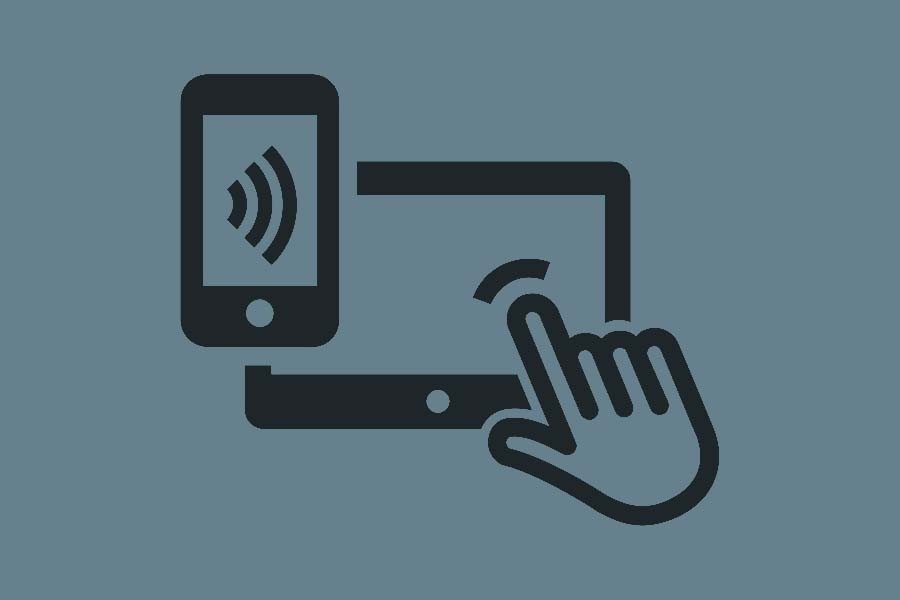In normal times, against the backdrop of continued rise in the mobile-based internet users, the number of these people would not have reached this figure. According to Bangladesh Telecommunication and Regulatory Commission (BTRC), the mobile-internet users in Bangladesh increased by 3.4 million in one month. As the statistics prepared recently by the Commission has found, these smartphone-based internet users rose by this high number to 110.90 million in June from 107.50 million in May.
Seeing an unabatedly continuing pace in this rise has for some time been a normal scenario. Even the on-again, off-again corona time shutdowns prompting the smartphone sales points at shopping malls to remain closed couldn't deter the youths from purchasing phones. It was not the conventional calls and SMS facilities that attracted the buyers. Despite the time being a pandemic-hit one, the aspiring phone buyers' target was the built-in internet facility. The global Covid-19 outbreak couldn't leave any damper on the frequency in the use of these high-end phones. The recent BTRC survey not only corroborated the fact,it also pointed to the sharp increase in the trend of mobile phone-based internet use lately. As has been observed by the watchers of the trends in internet use, the remarkable increase in the use of the internet facility is inextricably linked to the countrywide special school and college classes held online. Although the internet users' percentage is still small relative to the number of these educational institutions, a sharp rise in the users cannot evade notice.
Thanks to the repeated extensions of school and college closures, more and more institutions are found turning to the option. The online platform has veritably emerged as a great way out in breaking the academic deadlock. It has to be admitted that without this stopgap remedy, the primary, secondary and higher secondary education in the country would long have ground to a halt. These days, the internet medium is also helping the authorities take various forms of examinations. That this online facility is limited to a fraction of the total number of schools and colleges, especially those located in the urban areas, is a different issue --- and a critical one at that. A delicate aspect of the discourse is the increasing demand for all types of internet outlets in June may bring to the fore the recurring question of the perennial social stratification.
Already plagued by the ills of poverty and social deprivations, the online classes and other academic activities are veritably a pipedream to the underprivileged students. They are found mostly in the vast rural areas. The students from the socially deprived lower middle classes in the urban expanses have to go through the same plight.
The increase in the use in last June of the smartphones, equipped with internet, is good news. It will elate the segments highly optimistic about the emergence of a digitised Bangladesh. There are little doubts about the country's making great strides in the digital sector. When it comes to the areas of business & commerce, research-based activities and overseas communication etc, an effective online platform has turned out to be a sine qua non. Bangladesh has put in its best of efforts to see it materialise. The country hopes to be greatly benefited by its digitisation of the vital national sectors. But the corona pandemic has wrought anarchic mess-ups with almost all nationally critical sectors. The digital interventions are expected to come to the rescue. The stakeholders may have to wait to see whether the digital remedies will finally be able to bail the nation out of this critical phase.
The spectacular increase in the internet uses is news, a great one at that. It involves users in the academic circles. Online school and college classes are among them. Apart from the internet-based phones, the BTRC in its semi-routine job also focuses on the broadband internet use. As it finds, users of broadband internet has also registered substantial increase. According to the regulator, the broadband users have increased impressively, from 9.81 million in May to 10.05 million in June. As the BTRC finds, the total number of internet users in the country was 120.95 million in June this year, up from 117.31 million in May. The number of internet users in the country increased by only 2,000 from January to February --- making the recent increase nearly extraordinary. There are also habitual internet subscribers. In formal definition, an internet subscriber means a person who has accessed the internet at least once in the preceding 90 days.
Experts point to another reason for the increase by 3.4 million in the rise of internet users in just one month. According to them during the corona-prompted shutdowns, lots of people have reactivated their internet outlet in their smartphones, desktops and laptops. People who have disconnected their Net for various reasons began restoring their lines. Citing unwarranted social media posts, a sizeable number of users, especially young women, had kept their internet option switched off. During the long shutdowns with colleges and universities and many private workplaces closed, passing the endless 'free time' became a great problem. In order to keep themselves connected with friends and known circles, they resumed their Net activities.
There are the social media like Facebook and many others; they include YouTube for enjoying songs and movies and the Google search engine for learning about endless information. On top of all, with the Messenger, WhatsApp and scores of other platforms resumed, the opportunities for long-time calls and video calls opened once again. Passing time is now a lot easier thanks to the Net uses.


